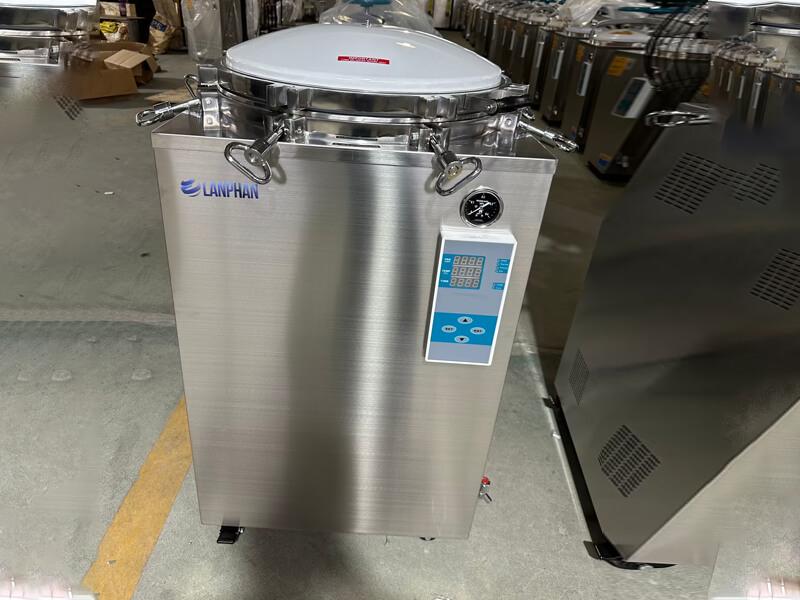Autoclaving stands out as a highly effective method of sterilization for several reasons:
1.Comprehensive Microbial Elimination:
Autoclaves use high-pressure steam, typically at temperatures above 121°C (250°F), which effectively destroys bacteria, viruses, fungi, and spores. This thoroughness ensures the elimination of a wide range of microorganisms, making it a reliable method in various industries, including healthcare, laboratories, and food processing.

Autoclaves
2.Speed and Efficiency:
Autoclaves offer rapid sterilization cycles. The combination of high pressure and heat accelerates the process, allowing for quick turnaround times compared to other methods.
3.Versatility:
Autoclaves can sterilize various materials and objects, from medical instruments to laboratory equipment and even certain types of food packaging. The ability to handle different items makes them versatile and widely applicable.
4.Standardization and Reliability:
Autoclaving follows standardized procedures, providing consistent and reliable results. The controlled conditions of temperature and pressure ensure the efficacy of the sterilization process, making it a trusted method across industries.
5.Eco-Friendly and Cost-Effective:
Autoclaving uses steam as the sterilizing agent, eliminating the need for potentially harmful chemicals. Additionally, it’s a cost-effective method as it requires minimal consumables and has lower ongoing operational costs compared to some alternative sterilization methods.
6.Safety:
Autoclaves come equipped with safety features such as pressure and temperature monitoring, ensuring safe operation and reducing risks to personnel.
Due to its ability to achieve thorough sterilization, quick cycle times, versatility, reliability, and cost-effectiveness, autoclaving remains one of the preferred methods for ensuring the sterility of various items in diverse industries.



